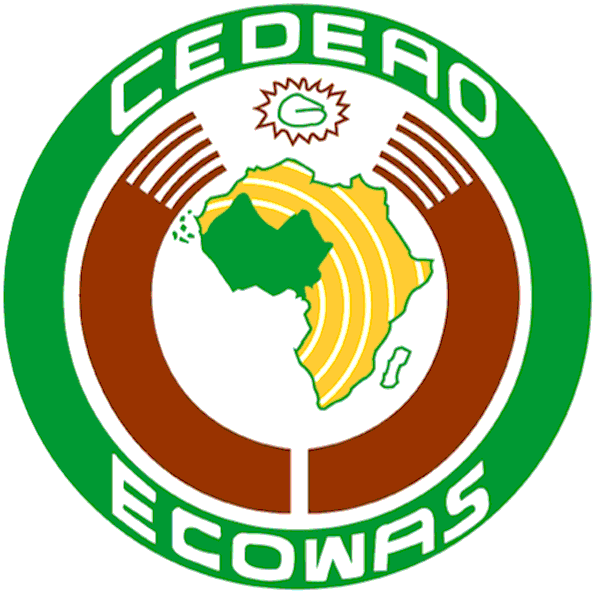The Economic Community of West African States (ECOWAS) on Friday expressed its readiness to address challenges related to food sustainability through its regional and national agricultural programmes.
ECOWAS Commissioner of Agriculture, Environment and Water Resources, Mr Ayassor Tchambakou, said this at the meeting of the Food and Agriculture Advisory Committee in Abuja.
Tchambakou was represented by Mr Johnson Boanuh, a director in the Environment Directorate of the commission.
The commissioner said the two-day meeting would review and approve the second phase of the Regional Agriculture Investment Plan (RAIP) and the National Agriculture Investment Plan (NAIP).
Tchambakou said that the first phase of the plans were implemented from 2010 to 2015.
He said that the second phase would be implemented from 2016 to 2025 and would address the new challenges identified during the implementation of the first phase.
Tchambakou identified the challenges of access to increased funding, limited human capacity, weak institutions and regulatory frameworks, rapid increase in population and negative consequences of climate change.
“Despite the remarkable achievements recorded, there are still a number of challenges that will require urgent attention by all stakeholders.
“With the current plan, we will consider various gender groups, the nutrition aspect – that important aspect that will help us produce the nutritionally balanced foods, and addresses a lot of health challenges.
“It also factors in the effects of climate change on agriculture and food production and availability.
“We need to address how to make West African agricultural production climate-adaptive; we are paying serious attention to climate-smart agriculture – which looks at how to make our agriculture responsive to climate challenges,” the commissioner said.
Tchambakou further said that a Regional Agricultural Agency had been set up by the ECOWAS, located in Lomé, to manage funds that would be available to various national groups.
The commissioner said that the funds to be provided would assist them in the improvement of their agricultural productivity.
He said that each member state was supported by ECOWAS to develop its NAIPs, but that funds to implement such plans were mobilised within member states and partner agencies.
“Each country has its own NAIP, which dovetails into the regional approach; the challenges witnessed in Senegal are quite different from those in Nigeria,” Tchambakou said.
The commissioner noted that addressing food insecurity from the regional point of view would assist in identifying areas of excesses and challenges. (NAN)
TOP/AOM/BOS


